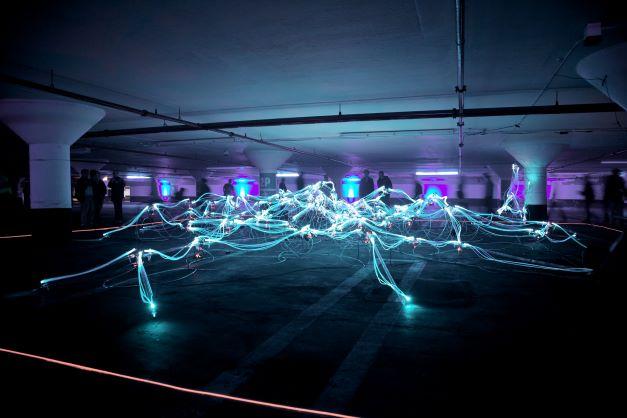
47% of Indian enterprise organizations have deployed AI/ML technologies in the last 12 months. Additionally, 34% say they have deployed IoT devices to help business functions
The pandemic has turned into a catalyst for transformation in enterprises across sectors. Indian organizations are continuously learning to adapt to the new realities of working. However, they still seem uncertain about their digital capabilities and future technology requirements.
According to a recent report published by A10 Networks, the enterprises in India are facing significant challenges around all aspects of digital resilience in the post-pandemic era. "Of the 250 enterprise organizations surveyed in India, nearly all (97%) showed high levels of concern around all aspects of enterprise digital resilience. Overall levels of concern were highest around optimization of security tools to ensure competitive advantage and deliver a superior user experience with customers accessing their ecosystem both efficiently and securely," the report states.
According to the study, organizations were also highly concerned about their internal capability to service IPv4 and migrate to IPv6 and demonstrate awareness of balancing security and efficiency.
Private cloud is the preferred environment
Rising network traffic has compounded the challenges respondents face, with 93% of Indian enterprise organizations witnessing network traffic increase in the last 12 months, which is higher than the survey average of 86%.
When asked about the expected split of their future network environment, 81% of Indian enterprise organizations said it would be cloud-based, with private cloud being their preferred environment. However, they are not reassured by their cloud service providers, with more than half (51%) saying that they are failing to meet their SLAs.
The Enterprise Perspectives 2022 study was undertaken by an independent research organization, Opinion Matters, among 2,425 senior application and network professionals from across ten regions, including the UK, Germany, Southern Europe, Benelux, Eastern Europe, and Nordics, USA, India, Middle East and the Asia Pacific.
The research was conducted to understand large enterprise organizations' challenges, concerns, and perspectives as they continue adapting their IT strategy and infrastructure to digital transformation and a hybrid work environment.
Cyberthreats are escalating
Without a doubt, the escalating threat landscape is causing a broad spread of concerns from Indian respondents. Compared to other regions, Indian respondents were more concerned about losing sensitive data and assets should they suffer a data breach due to a cyber attack. Other concerns included financial loss leading to revenue loss and potential downtime or a lockdown should they experience a DDoS attack.
In response to these concerns, the research showed an evident shift to Zero Trust security approaches, with 26% of Indian enterprise organizations saying they have already adopted a Zero Trust model in the last 12 months and 8% intending to adopt one in the next 12 months.
The new normal may resemble the old normal
While there has been an infrastructure shift to support distributed home and remote work, 82% of Indian enterprise organizations say all or most employees will work in offices over the long term. Only 6% say that a minority or no employees will work from the office, and the majority will be remote. This contradicts the predictions of a seismic shift to a permanently hybrid enterprise with application and network professionals expecting the old normal to reassert itself.
Technology investment priorities
Artificial intelligence and machine learning have undoubtedly come of age regarding investment priorities, with 47% of Indian enterprise organizations saying they have deployed these technologies in the last 12 months. Additionally, 34% say they have deployed IoT devices to help business functions
Interestingly, when asked about the most critical technology for business resilience in the year ahead, artificial intelligence and machine learning scored highest for Indian respondents, followed by 5G technologies. A notable proportion are also looking at deploying IoT devices to help business functions.
Looking to the future, the adoption of cybersecurity initiatives will likely become higher, including Zero Trust models. More widespread implementation is expected as Indian enterprise organizations become educated about the benefits. It is clear from the study that there is unlikely to be any relief from the pressure on Indian businesses in the coming years.

 In
In
Add new comment